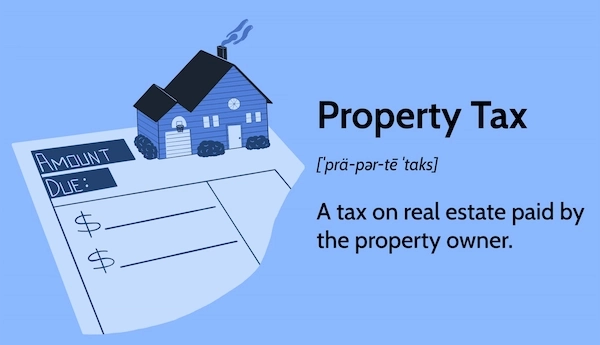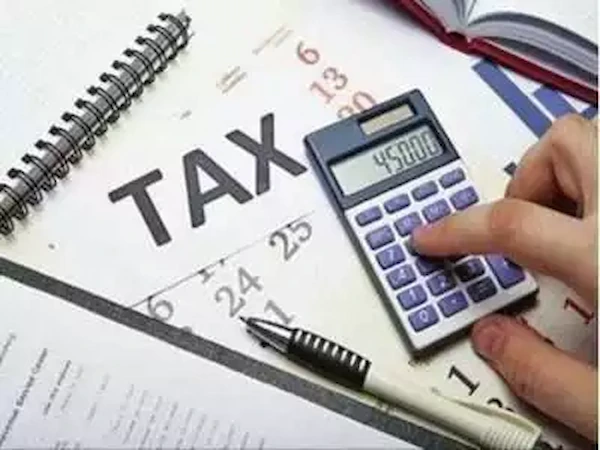Property Tax in Vietnam
Property tax in Vietnam is a complex topic that foreign investors and expats should understand. At Jobinvietnam.net, we’re here to break it down for you in plain language.
What is Property Tax?

In simple terms, property tax is a levy on real estate based on its assessed value. This includes land, buildings, and other structures. The tax helps fund local government services like infrastructure, education, and public safety.
How is Property Tax Calculated in Vietnam?

The calculation of property tax in Vietnam depends on several factors:
- Property type (residential, commercial, industrial)
- Location (urban, rural, special economic zone)
- Land use purpose
- Land area
- Construction area of buildings
Tax rates range from 0.03% to 0.15% of the property’s value. Exemptions and reductions are available for certain cases like agricultural land, low-income housing, and new construction.
Who Pays Property Tax in Vietnam?
Property owners, whether individuals or organizations, are responsible for paying property tax. This includes:
- Vietnamese citizens
- Foreigners owning property under a 50-year lease
- Businesses and investors
Renters do not pay property tax directly, but the cost may be factored into their lease agreement by the landlord.
When is Property Tax Due?
Property tax in Vietnam is paid annually, with the deadline typically falling on December 31st. Late payments incur penalties and interest charges. It’s crucial to stay on top of your tax obligations to avoid legal and financial consequences.
Recent Changes to Property Tax Law
Vietnam’s National Assembly recently passed amendments to the property tax law, effective January 1, 2024. Key changes include:
| Aspect | Old Law | New Law |
| Tax rates | 0.03% – 0.15% | 0.02% – 0.1% |
| Exemptions | Limited | Expanded |
| Valuation method | Inconsistent | Standardized |
These reforms aim to create a more transparent, equitable, and investor-friendly tax environment. Lower rates and expanded exemptions are expected to stimulate the real estate market.
Tips for Managing Your Property Tax

As a property owner in Vietnam, here are some tips to stay compliant and minimize your tax liability:
- Keep accurate records of your property holdings and transactions
- Stay informed about changes to tax laws and regulations
- Utilize exemptions and reductions when applicable
- Consider tax implications when buying, selling, or leasing property
- Consult with a local tax professional for guidance
Managing your property tax obligations diligently can save you time, money, and headaches in the long run. It’s an essential part of being a responsible property owner in Vietnam.
Inheritance and Gift Tax in Vietnam
In addition to property tax, it’s important to be aware of inheritance and gift tax in Vietnam. When assets like real estate are transferred through inheritance or gifting, the recipient may be subject to tax. The tax rate and exemption threshold depend on the relationship between the giver and receiver, as well as the value of the assets. For example, gifts between direct family members up to 10 billion VND are exempt. However, inheritances and gifts to non-relatives can be taxed up to 10% of the asset value. Proper documentation and timely filing are key to avoiding penalties. To learn more about navigating inheritance and gift tax in Vietnam, click here to read our: Inheritance and Gift Tax in Vietnam
At Jobinvietnam.net, we’re committed to being your go-to resource for working and living in Vietnam. For personalized assistance with property tax or any other aspect of your move, don’t hesitate to reach out to us via phone, Zalo, or WhatsApp. Our experienced team is here to help you thrive in this exciting and dynamic country.


